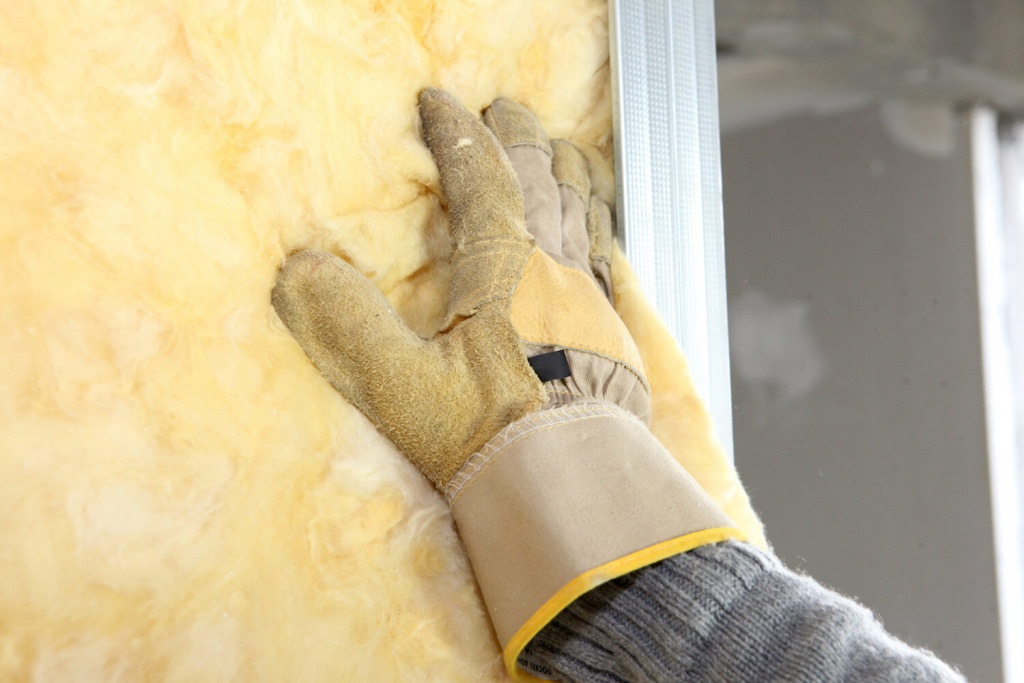Insulation is an essential aspect of an energy-efficient home, as it acts as a strong barrier that stands between your property’s interior and the outside world. Without good insulation, your home can become unbearably cold during the winter months. This can result in you having to spend thousands on heating bills just to stay warm. Fortunately, this guide contains some of the best insulation options that you can invest in. Transform your home’s energy efficiency in no time at all, so what are you waiting for?
Read on to discover what is the best insulation for a home. This way, your family property can remain as cozy as can be, no matter what the season!

Why Do Homes Need Better Insulation?
Homes need insulation to stand strong against a variety of different weather conditions. When the summer sun is beating down outside, good quality insulation can noticeably reduce the warmth heating up your home and help to maintain a fresh, cool environment. When the snow and ice takes hold during the winter, top-standard insulation will help your home. So, you can retain heat and promote the best energy efficiency. Insulation is an essential aspect of a healthy home that is cool in the summer and warm in the winter.
What Is The Best Insulation For A Home?
Fiberglass
The most popular option when it comes to home insulation is almost always fiberglass. Fiberglass insulation can come in the form of loose-fill or batts, to suit your property’s unique needs. It can be said that fiberglass insulation is generally the most affordable option. This is, in part to the quick and easy installation process. Another benefit of fiberglass insulation that makes it such a common choice is its ability to help protect your home from the effects of dampness. And, it’s made from non-flammable material. This makes it a safe option that can minimize the chances of fire inside your family home.
Cellulose Insulation
For those of you who are searching for a more eco-friendly or organic insulation method, cellulose insulation could be the perfect option. Cellulose insulation contains recycled paper, mainly newspapers and cardboards, and it comes in loose fills for easy installation. The materials used to create cellulose insulation are treated with special chemicals which are used to help it stand strong against moisture, heat, and pests, too.
Spray Foam Insulation
During the spray foam insulation installation process, spray holders are used to project foam into specific locations around your home. The ideal locations for spray foam insulation are new wall spaces or unfinished attics. But, it can still be used in existing walls if need be. It’s important to note that this kind of insulation can be pricier than fiberglass. Insulation can also be a particularly messy process. So, these are two factors you should bear in mind before choosing spray foam insulation.
Choosing the right kind of insulation for your specific wants and needs can make a huge difference to your home’s energy efficiency. Make sure you contact an expert residential insulation contractor to install your insulation safely!










